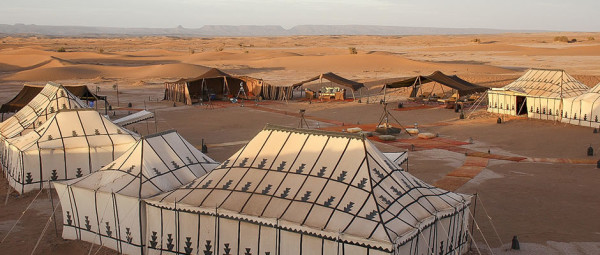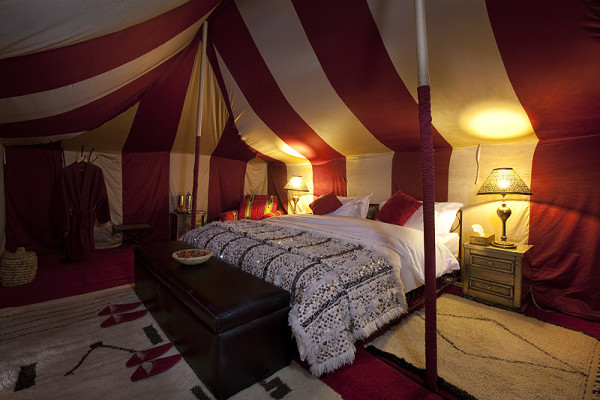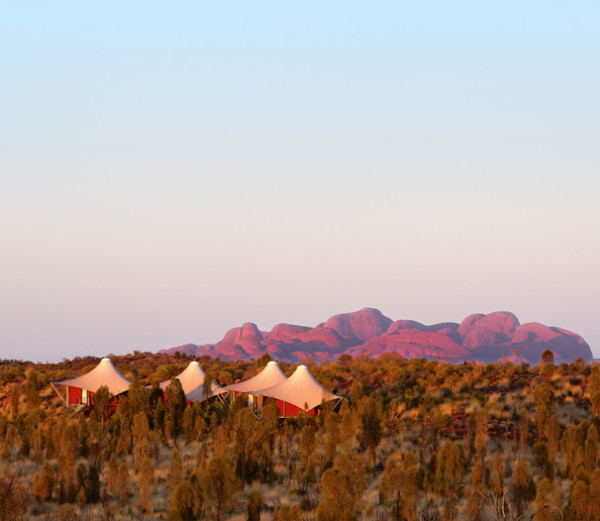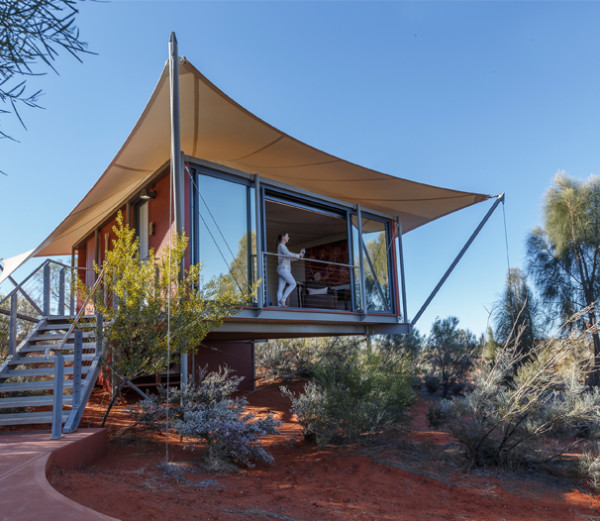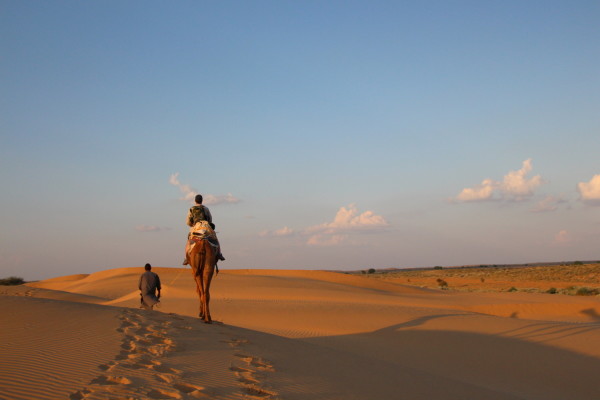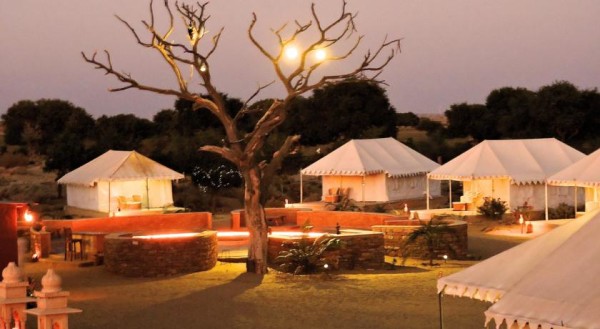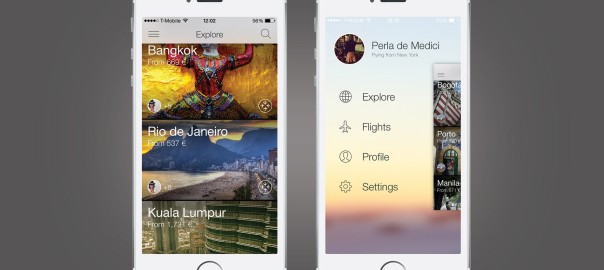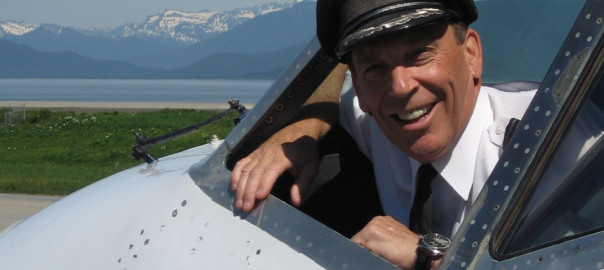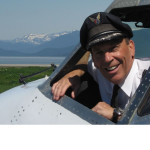Have you ever wondered what goes on in the cockpit while you sleep? Have you ever asked yourself how many times things could of gone terribly wrong and you were oblivious about it? Or even question what happens if there were terrorists on-board?
We asked one of the most well-respected Captains of Alaska Airlines, Gary Isaacs, a series of questions and the answers were shocking, funny and fascinating. This definitely puts into perspective who is in charge of your life that day!
In the midst of the mystery of flight MH370, which aircraft do you think is the safest out there?
It will always be any Boeing made aircraft. My favorite quote: “If it’s not a Boeing, I’m not going!”
Has there ever been drama with the passengers while you were flying?
All the time, but in a way that can usually be dealt with by the Flight Attendants. If we’re on the ground we normally have the problem person removed by the police. One time I did have a woman (with issues) go into the lavatory and remove all of her clothes and run naked up and down the isle until she was finally tackled!
How long have you been a pilot?
I’ve been a Professional Pilot for 38 years and received my first pilot’s license 43 years ago.
Which route is your favorite?
Flying thru Southeast Alaska in summer. We fly several legs at low altitude where the scenery is absolutely amazing. Our shortest flight is 9 minutes long.
Which portion of the flight do you enjoy the most?
Always the landing. It involves the most planning and skill for the Pilots; Nothing is guaranteed until you’re on the ground and parked.
Who would be your ideal passenger?
One you pays attention to the Flight Attendants, and is QUIET and courteous to those sitting around them.
Which airline has the best reputation among pilots?
I may be a little biased, but in the U.S. Alaska Airlines has a great reputation. In the state of Alaska you have the most demanding flying in North America-and they do this every day of the year.
What are your hobbies when you are not flying?
I’ve owned a few aerobatic airplanes and spent years competing nationally in precision aerobatics as well as performing in airshows. I’ve also done quite a bit of mountaineering on snow, ice and rock. I’m always in search of a great restaurant.
How many days a week do you fly?
Our schedule can be very flexible, but we average 3-4 day’s a week
How long do you need to fly to become a captain?
For a Major Airline in the U.S. after the required college and flight training is satisfied, it normally takes about 12 to 15 years of experience and seniority to move into the left seat.
Do you have a favorite aircraft?
My favorite small airplane would be a “Pitts Special S-1” (bi-plane). For a large aircraft I’ve always loved the Boeing 727.
Which aircraft is the most difficult to learn?
Any of the “Newer Technology” Airliners of today, especially for the “Older Technology” pilots such as me.
What airport has the worst reputation and why?
No single airport in the U.S. has the worst reputation, however, Chicago O’Hare in winter can be a real challenge with weather delays and complex taxi routes during snow and low visibility.
Do you get anxious if you are a passenger?
Only when I’m flying on “certain” Foreign Airlines. Some foreign carriers I wouldn’t get on at all- I’d take the train first.
Does the cockpit ever get tense if you are flying with an odd co-pilot?
Yes, but everyone will usually remain professional until we’ve landed the aircraft. Anything less would become a career ending problem.
I’ve actually sat next to someone for 4 hours without any conversation except for the required Checklist.
If the aircraft engines fail, can the pilot succeed in landing the aircraft?
Absolutely, and it’s actually been done more than a few times. From high altitude a Jet Airliner will glide at least 100 miles.
Is there a good reason behind the rules regarding straight seat backs and tray tables up during takeoff and landing?
Yes! During an accident (which is statistically most likely during takeoff and landing) if your seat is in a reclined position and you have a sudden deceleration force, your body could slide forward under the seat belt catching your neck. The seats are actually designed to fold-over forward to help cushion you AND the passenger behind you during the sudden deceleration.
Be honest, do the passenger phones really interfere with the cockpit equipment?
Honestly, we’re not given the technical training to answer that question. I know there’s concern when there’s a possibility of having 150-200 cell phone calls at once in such close proximity. That much radio energy could interfere with our own aircraft radio transmissions. Cell phones will never affect the actual flying capabilities of the airplane.
Why do airplanes make you sleepy?
The airplanes pressurized “cabin-altitude” is usually the equivalent of 8500-9000 feet above sea level. In addition, alcohol will have more effect on you because of the higher cabin-altitude.
Can you come into the main cabin at anytime during the flight? What are the rules?
Under normal conditions we only come into the 1st class cabin to use the lavatory. I can access any part of the cabin anytime when necessary
Can you bring passengers into the cockpit at all?
Yes, but only on the ground at the gate with the main cabin door open.
Are you made aware if there is an Air Marshal prior to your flight?
Yes, always. It’s very possible that one of the Pilots upfront is also carrying a weapon; so naturally it requires everyone to know who’s supposed to be armed on your flight.
In the event that a passenger wants to force his way into the cockpit, what is the security procedure you have to follow? Are the cockpit doors bulletproof?
Most of our security procedures are not for public release, but be assured that the doors are built to withstand anyone or anything trying to gain access. If the situation really gets bad enough we will land the aircraft immediately.
Which part is the most dangerous during a flight?
Statistically it’s still the landing phase of a flight.
Can strong turbulence lead the plane to crash?
There’s no simple answer to this question. However, if you’re referring to the turbulence you typically encounter during the high or low altitude portion of your flight the answer is no. The turbulence you feel has very little or no structural affect on the aircraft.
Have you ever had an emergency landing?
Yes I’ve had a few but never anything considered life threatening. I did have the engine in my small airplane quit one time and was lucky enough to be near an airport.
What is the biggest myth of an autopilot?
They can’t make an airplane takeoff (but they can land one). Remember: any autopilot when used must ALWAYS be programmed and constantly monitored by the two pilots. It only does what it’s told to do.
Is there a lot of politics involved in which planes get delayed?
None that I’ve ever heard of in this country. Although, once I had my landing in Mexico intentionally delayed so that a Mexican Airline could takeoff first.
Do you like using iPads vs paper charts?
iPads are way better and reduce my flight bag weight by 25 lbs! With paper charts there were constant revisions and updates that had to be done by hand prior to each flight.
Which has been the scariest flight you have ever flown?
My scariest flights have always been in small aircraft. Large airliners are always flown in such a conservative manner with so many people on the ground supporting the flight crews, it has become a rarity to have anything really desperate happen in flight.
What has been the most terrifying landing experience you have ever had?
One of the most “Challenging” landings I’ve made in a large airplane would’ve been on a very dark, night time landing in Ketchikan, Alaska in a B-727. It was during a terrific rainstorm with very high winds and strong turbulence (very low pressure storm). Because of the heavy rain and turbulence we could barely make out enough of the airport lights to land the airplane and get it stopped on the short runway with all the flooding that was occurring. The landing definitely approached the limits of both the Crew and the Aircraft that evening, and would have never been attempted if we would’ve had either more fuel to go somewhere else or a closer airport with much better weather.


